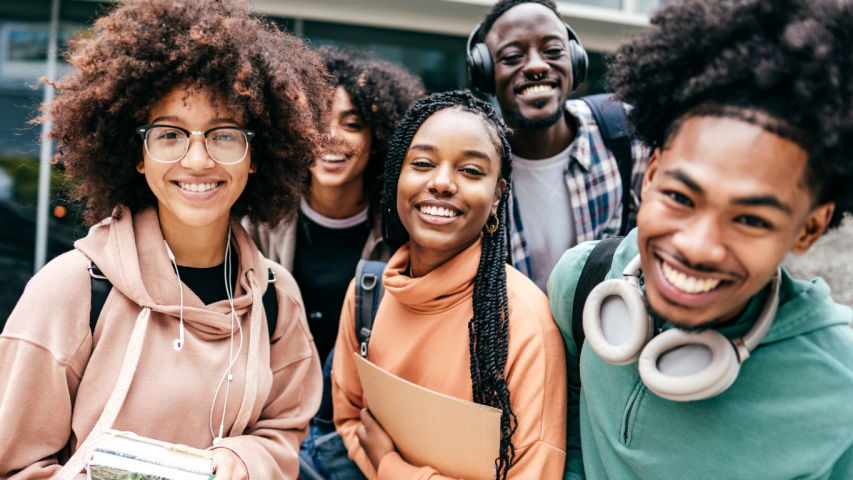Black History Month in February is a vital time to reflect on the significant contributions, achievements, and experiences of Black individuals throughout America’s history. However, the celebration of Black history should extend far beyond just one month. Integrating this crucial part of our collective history into the school curriculum all year long is not just beneficial but essential for fostering a comprehensive and inclusive educational environment. Here are several strategies schools can adopt to celebrate Black history throughout the entire year.

1. Integrating Black History into Curriculum Across Subjects
Black history is American history. It’s important to seamlessly weave it into the fabric of all subjects, not just relegate it to a separate unit or course. In literature classes, teachers can diversify reading lists to include works by Black authors that reflect a range of experiences and genres. In science and math, educators can highlight the contributions of Black scientists, engineers, and mathematicians who have made significant advancements in their fields.
2. Collaborative Projects and Research
Encourage students to engage in projects and research assignments that explore the depth and breadth of Black history. This can include studying influential Black figures, movements, and contributions in various fields. By allowing students to select their topics of interest within this broad spectrum, educators can foster a deeper personal connection to the material and promote a more engaged learning experience.
3. Guest Speakers and Community Involvement
Inviting Black professionals, artists, and community leaders to speak at schools and in classrooms can provide students with real-life examples of Black excellence and achievements. These interactions not only enrich students’ understanding but also help build connections between the educational content and the real world. Partnering with local community organizations focused on Black history and culture can offer students hands-on learning opportunities and experiences outside the classroom.
4. Celebrating Black Culture Through Arts and Events
Schools can organize events that celebrate Black culture, such as art exhibits, music and dance performances, and poetry readings. These events can highlight the richness of Black cultural expressions and contributions to the arts. By making these celebrations part of the regular school calendar, educators can ensure that all students have the opportunity to appreciate and learn from these cultural expressions.
5. Professional Development for Educators
To effectively teach Black history throughout the year, educators themselves need ongoing support and resources. Professional development opportunities can help teachers deepen their understanding of Black history and learn best practices for integrating this content into their teaching in a respectful and impactful way. This might include workshops, seminars, and access to a curated list of resources and materials.
6. Encouraging Reflective Discussions
Creating a space for students to engage in age-appropriate discussions about race, history, and current events is crucial. These discussions can help students make connections between the past and present, understand different perspectives, and develop critical thinking skills. Educators can facilitate these conversations by posing thought-provoking questions and encouraging respectful listening and dialogue.
7. Inclusive Library Collections
School and classroom libraries should strive to have a diverse collection of books and resources that reflect a wide range of voices and experiences, including those of Black individuals. An inclusive library not only supports the curriculum but also allows students to independently explore topics of interest related to Black history and culture all year long.
Celebrating Black history all year long in schools is essential for developing well-rounded, informed, and empathetic students. By integrating Black history across the curriculum, promoting inclusive events and discussions, and providing educators with the resources they need, schools can create a more comprehensive educational experience for all students. After all, history isn’t just about the past; it’s the key to understanding our present and shaping a more inclusive future.




